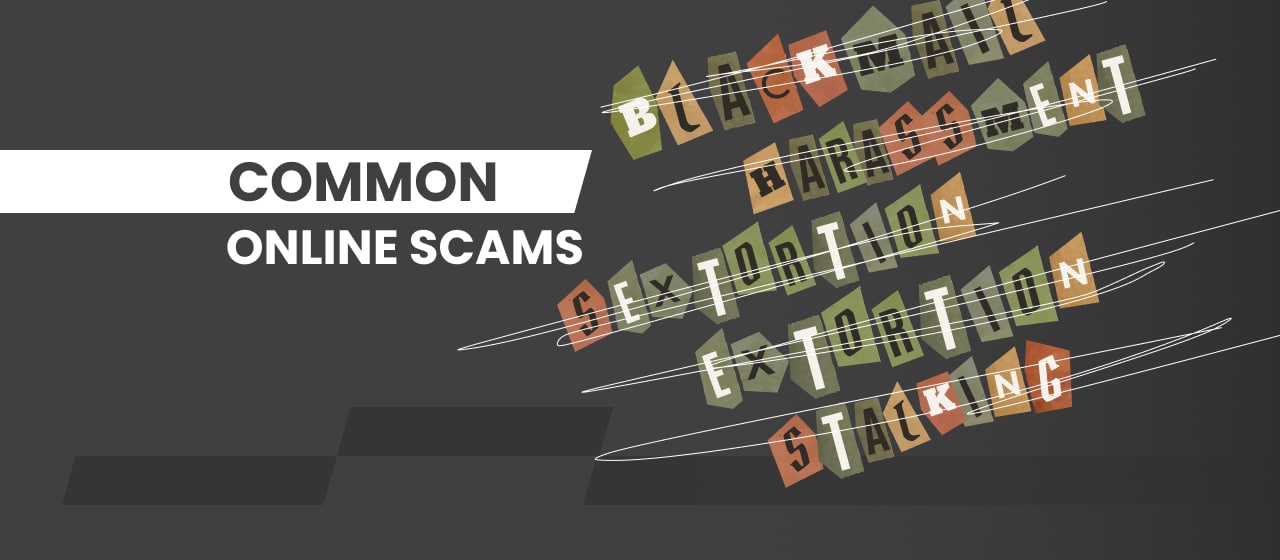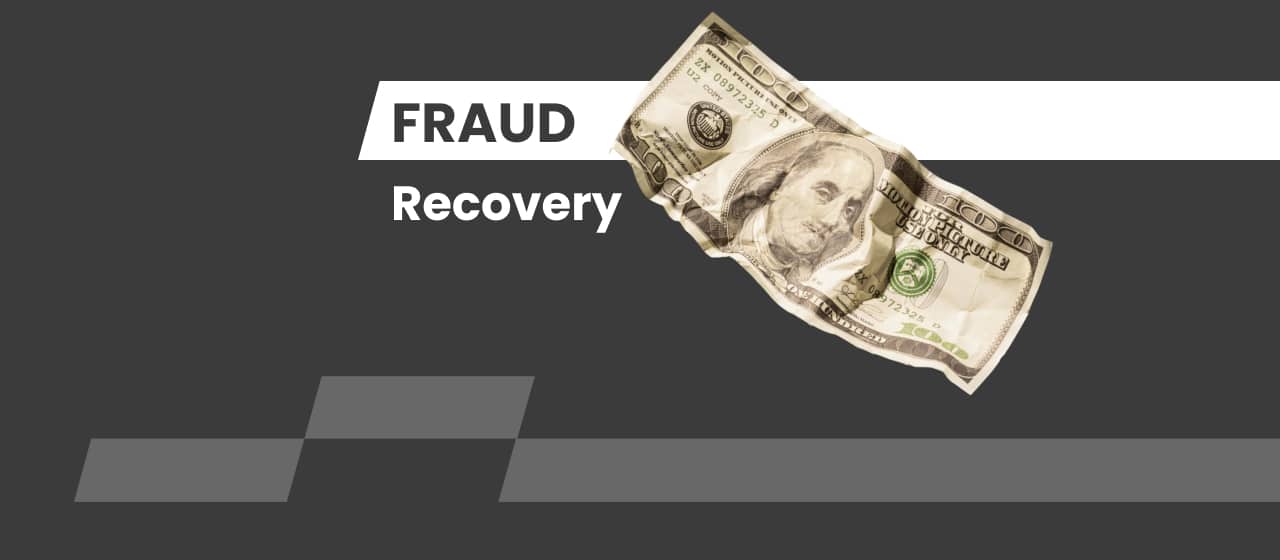Since 2021, 25% of all people reporting lost money due to fraud said that the scam began on social media. At over 3 billion users, Facebook stands as the king of social media — and also one of the most likely spots to encounter scammers. Victims can endure a drastic toll on their emotional, physical, and financial wellbeing. It’s important that these scammers are reported for the good of all Facebook users. Continue reading for a current, comprehensive, and expert-driven guide breaking down how to report a scammer, blackmailer, or sextortionist on Facebook.
Prepping to Report a Scammer on Facebook: Initial Steps to Take
If you cross paths with a fakebook scammer, blackmailer, or sextortionist, your immediate response plays a huge role in your path forward. It is common for panic to set in, but you need to remain calm and use your limited time wisely. Here’s what you should do before you report a blackmailer on Facebook.
Identifying the Facebook Scam
The obvious first step in reporting any crime is realizing what is unfolding. Facebook scammers can be extremely stealthy in their approach, but there are often red flags that sneak through the cracks. The following are some of the common warning signs you can look out for.
- Unnatural Profiles. Does the profile look too perfect? Or maybe it’s so bare bones that it doesn’t seem like a real person. Are their posting habits unusual? These are all signs of fake accounts that are often the culprits of Facebook scams or sextortion attempts.
- Unreal Offers. An account may have messaged you with an opportunity to double your money while doing absolutely no work. Or maybe there’s a listing on the marketplace that seems too good to be true. If this is the case, it’s likely just that — untrue.
- Urgent Deadlines. Scammers often pose their “opportunities” as limited time deals to drive their targets into hasty decisions. If you are proposed an idea with an impending deadline, it’s likely a blackmail.
Gathering Evidence
Now that you’ve recognized the scam or sextortion attempt, you will need evidence to support your report. Take screenshots of everything. Capture the account information, posts, messages, timestamps, and any other relevant data that can help you create a timeline of the scam. You should store this information securely on a separate device. Make sure to name files so that they can easily be distinguished and pulled when they are called upon.
How to Report a Scammer on Facebook
Facebook scams, blackmail, and sextortion attempts exist in many different forms. There could be individual posts, messages, listings, or entire profiles dedicated to the scheme. The process of reporting these different modes varies slightly, so we will provide an in-depth guide for reporting scammers, blackmailers, and sextortionists on Facebook below.
Reporting a Facebook Scammer, Blackmailer, or Sextortionist’s Profile
- Begin by opening up Facebook and pulling up the profile you wish to report.
- Click the three dots to open the “Options” menu
- Click “Report profile”
- Pick the option that best describes how the profile broke community standards.
- Submit your report.
Reporting a Facebook Scam or Blackmail Post
- Open the Facebook post that you are looking to report.
- Click the three dots in the top right corner of the post.
- Click “Report post”.
- Select the option that best fits your reason for reporting.
- Submit your report.
Reporting a Facebook Scam or Sextortion Message
- From Facebook, click the Messenger logo in the top-right corner. Or, open the messenger platform on mobile.
- Open the chat with the message you wish to report.
- Click the down arrow to open the “Options” menu.
- Select the “Report” option. If it doesn’t appear, go to “Privacy & support” and click “Report” from there.
- Select the option that best describes the community standards violation.
- Submit your report.
Reporting a Scam Listing on Facebook Marketplace
- Open up the Marketplace on Facebook from your feed.
- Click a listing from the seller you are reporting.
- Click the name of the seller below “Seller information”.
- Click the three dots to open the “Options” menu.
- Select “Report” and follow the on-screen instructions.
You can also report scam ads that are run on Facebook. To report an ad:
- Click the three dots next to the add on your feed.
- Select “Report ad” and follow the ensuing instructions.
Reporting Facebook Scams, Blackmail, or Sextortion to Law Enforcement
Beyond reporting a scammer, blackmailer, or sextortionist on Facebook, it’s also important that victims report these cybercriminals to law enforcement. Even if they are unable to pursue legal action against the scammer, reporting helps these agencies track current trends.
Begin by filing a report with your local police. They may have a dedicated cybercrime unit that can help. If not, this will still serve as valuable documentation moving forward. You should also inform the FBI. They are the national body entrusted with handling cybercrime. You can file a report at your local field office or through the IC3 portal.
Additional Resources That Can Help with Facebook Scams
Past the platform and the law, there are additional resources that can help victims navigate reporting a scammer on Facebook. These services can help the victim deal with the emotional fallout, gather evidence, and provide guidance on the reporting process. Consider the benefits of working with the following organizations when you report a scammer on Facebook.
- Cyber Civil Rights Initiative. The CCRI is the nation’s leading nonprofit organization on the forefront of innovation to fight online abuse. The group works with legislators to advise on reform regarding cybersecurity. They also provide educational guides for victims of cybercrime.
- Cybercrime Support Network. This non-profit works to help individuals and small businesses affected by cybercrime. They collect resources from around the internet and compile them in one location, including unification and peer support programs.
- National Elder Fraud Hotline. The elderly are disproportionately targeted online. This hotline is run by the DOJ for victims of fraud who are 60 or older. They offer personalized, judgment-free service to help victims report and recover from these scams, blackmail, or sextortion.
- Cybercrime Investigators. These professionals have the tools and technical know-how to uncover evidence you wouldn’t have access to alone. By investigating the digital footprint, they can unmask the perpetrator and help you bring them to justice. They can also help guide you on the necessary steps to report the scam.







